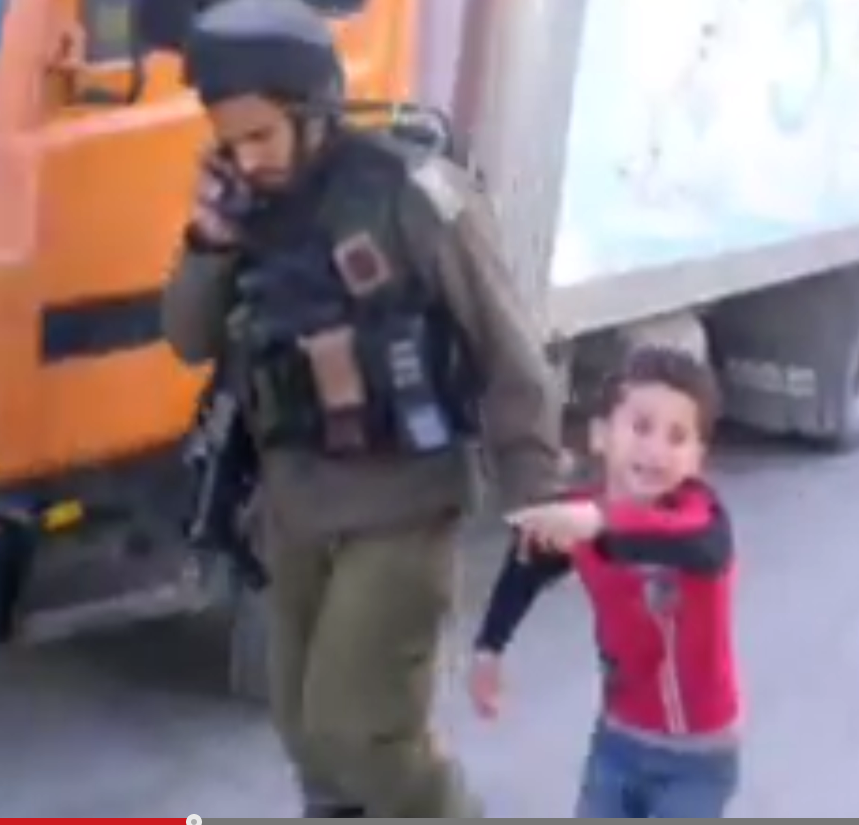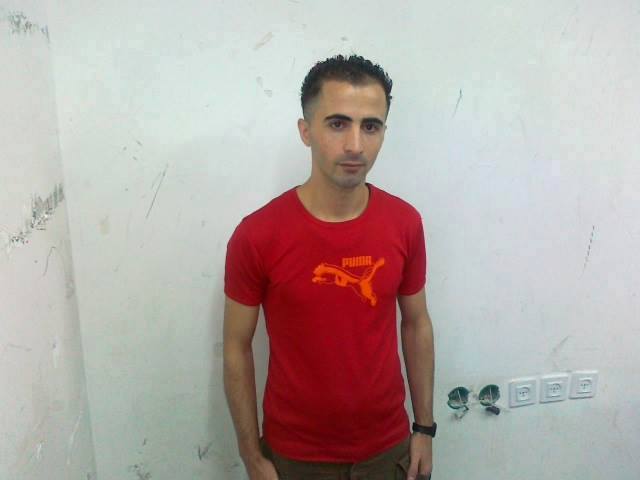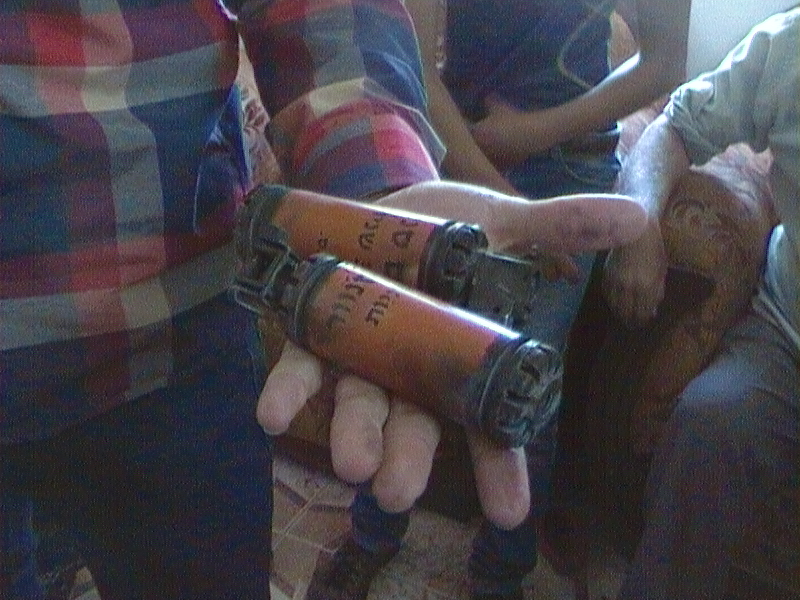-
VIDEO: Israel Border Police detain 6-year-old child in Hebron
23rd April 2014 | International Solidarity Movement, Khalil Team| Hebron, Occupied Palestine At approximately 7 am this morning, Rami Rajabi, a six-year-old child, was 20 meters away from checkpoint 29 when he threw several pebbles in al-Khalil (Hebron). As Rami walked away towards his school, three Israeli soldiers burst out of an alleyway, grabbed his arm, and detained him […]
-
An overview into the lives of Palestinian prisoners and their families
23rd April 2014 | International Solidarity Movement, Nablus Team | Occupied Palestine The 17th of April was declared a day of commemoration and remembrance of Palestinian political prisoners in 1974. According to updated statistics from Addameer (Prisoner Support and Human Rights Association), there are currently over 5,200 Palestinian political prisoners, 28 of which are under 16 years old. These […]
-
Israeli forces shoot tear gas into houses in Awarta village
20th April 2014 | International Solidarity Movement, Nablus Team| Awarta, Occupied Palestine On the 20th of April, five Israeli jeeps entered the village of Awarta. The Israeli forces broke into four houses and shot several tear gas and stun grenades inside the houses, leaving several families with no other alternative than to sleep elsewhere until […]
Action Alert An Nabi Saleh Apartheid Wall Arrests BDS Bethlehem Bil'in Cast Lead Demonstration Denial of Entry Ethnic Cleansing Farmers Gaza Global Actions Hebron House Demolition International law Israeli Army Jerusalem Live Ammunition Nablus Ni'lin Prisoner Ramallah Rubber-coated steel bullets Settlement Settlers Settler violence Tear-Gas Canister Video



